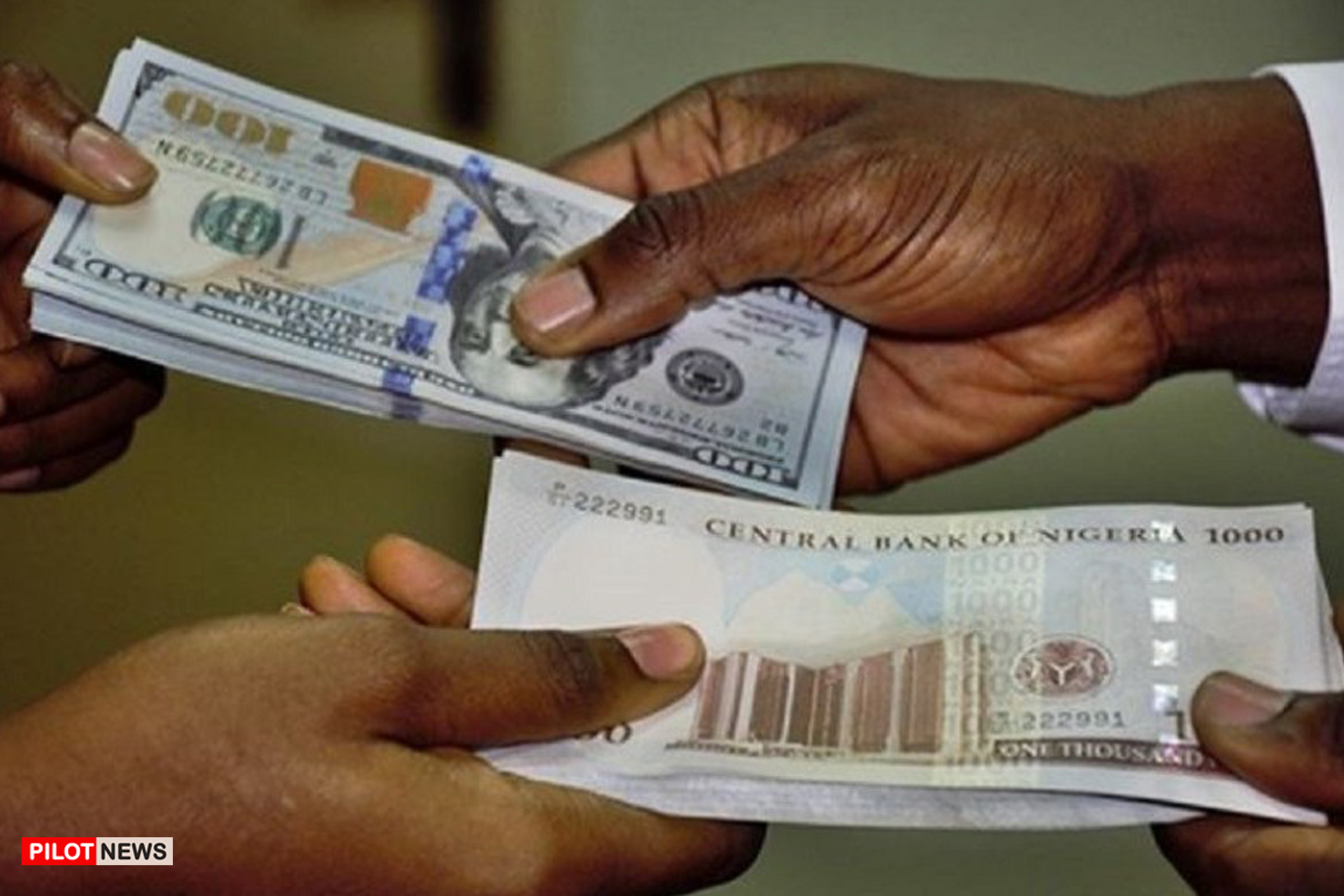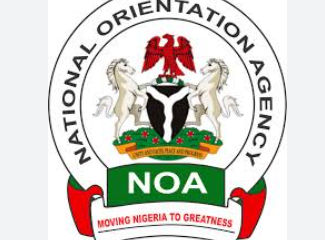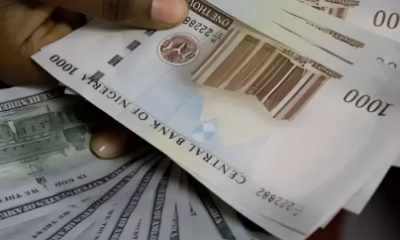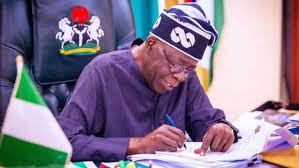The naira fell at the weekend, closing at N927.19 per dollar in the official market and N1165 per dollar in the parallel market.
The domestic currency depreciated 11.39 per cent to close at N927.19 to a dollar at the close of business on Friday, data from the NAFEM where forex is officially traded, showed.
This represents an N94.87 loss or a 11.39% decline in the local currency compared to the N832.32 it closed on Thursday.
The intraday high recorded was N1160/$1, while the intraday low was N701/$1, representing a wide spread of N459/$1.
According to data obtained from the official NAFEM window, forex turnover at the close of the trading was $110.14 million, representing a 4.57% decrease compared to the previous day.
Similarly, the naira weakened at the parallel forex market where forex is sold unofficially, the exchange rate depreciated by 0.43%, quoted at N1165/$1, while peer-to-peer traders quoted around N1159.62/$1.
Amid the rising free fall of the Naira both at the official Nigerian Foreign Exchange Market (NAFEM) and the unofficial market, financial experts had called on the Central Bank of Nigeria (CBN), to de-dollarise the economy by declaring any local transactions in US dollars illegal.
READ ALSO: Witness reveals how visa flagged Naira Marley’s credit card for fraud
Speaking on strategies that can be used for the naira to regain strength, the founder and chief consultant of B. Adedipe Associates Limited (BAA Consult), Dr. Biodun Adedipe, said the CBN should stop government agencies from charging local operators and entities in US dollars.
According to him, the sale of crude oil to local refineries should also be made in Naira rather than in US dollars.
Adedipe said: “CBN should deal transparently with participating banks at the I&E Window. De-dollarise the economy by declaring as illegal any local transactions in US dollars (sale of assets, rent/leases, and other services, including school fees and medical bills) and ensure that government agencies stop charging local operators and entities in US dollars (quite common in the maritime sector).
“Other suggestions include the need to ensure that the sale of crude oil to local refineries should be made in Naira rather than dollar. “
“President Bola Tinubu should have a direct engagement with bank CEOs to generate ideas and use moral suasion to enlist their support for the market reforms. Face the reality that unified exchange rates (not any different than floating the Naira) is a poor policy choice for a structurally defective and weak economy like ours,” he added.

 Entertainment1 week ago
Entertainment1 week ago
 Entertainment5 days ago
Entertainment5 days ago
 Comments and Issues1 week ago
Comments and Issues1 week ago
 Comments and Issues1 week ago
Comments and Issues1 week ago
 Comments and Issues1 week ago
Comments and Issues1 week ago
 Health7 days ago
Health7 days ago
 Health3 days ago
Health3 days ago
 Football7 days ago
Football7 days ago













